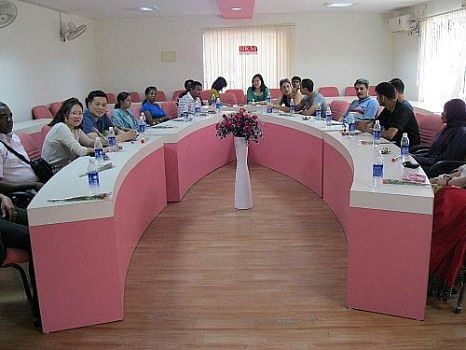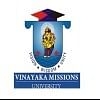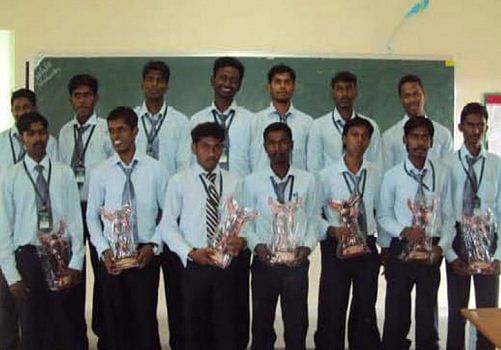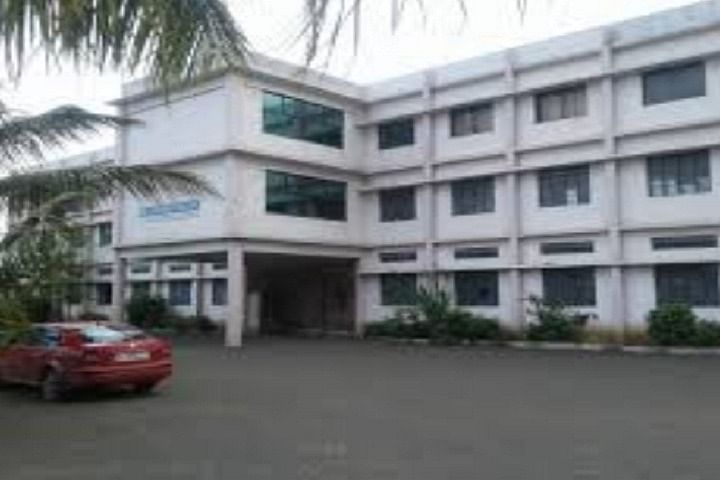MBA Airline Management Syllabus and Subjects

MBA Airline Management subjects enable students to enhance communication and leadership skills. In the first year of an MBA Airline Management students have to learn the core subjects of airport management, while in the second year students deal with the elective and specialized subjects according to the student’s area of interest.
Semester Wise MBA Airline Management Syllabus
MBA Airline Management syllabus is divided into four semesters with a duration of two years. It is mandatory to complete all the core subjects, and students can opt for their specialization according to their area of interest in the second year of Airline Management. Mentioned below is the table containing the semester-wise syllabus:
| Semester I | Semester II |
| Management Principles and Practice | Operations Management |
| Organizational Behaviors | Marketing Management |
| Managerial Economics | Financial Management |
| Financial and Management Accounting | Human Resource Management |
| Quantitative Methods for Management | Quantitative Techniques |
| Corporate Communication | Research Methods for Management |
| - | Computer Applications in Management using SA |
| Semester III | Semester IV |
| Business Ethics and Global Business Environment | Strategic Management: Indian Global Context |
| Management Information System | Airline Marketing and Strategic Airline Alliances |
| Airline and Airport Operations | Aviation Safety and Security |
| Strategic Airport Planning and Marketing | Aviation Legal Environment |
| Air Traffic Control | Aviation Resource Management |
| Aircraft Maintenance Management | - |
| Summer Placement Project Report & Viva-Voce | - |
MBA Airline Management Subjects
Subjects in MBA Airline Management are classified into two parts that are core and elective subjects. Internships and projects are an essential part of the MBA Airline Management course. Aspirants can choose specialization according to their area of interest.
Core Subjects
Given below are the core subjects:
- Human Resource Management
- Accounting for Management
- Organizational Behaviour
- Data Analytics for Business Decisions
- Airline Operation and Scheduling
- Airline Finance
- Communication Skills and Business Correspondence
- Airline Marketing Management
- Economic Analysis for Business Decisions
- Airline and Airport Management
Elective Subjects
Apart from core subjects in MBA Airline Management, there are elective subjects as well as:
- Business Application Software
- Total Quality Management
- Aviation Law
- Strategic Management
- Aviation Safety Management and Accident Investigation
- Research Methods in Business
- International Business Management
- Entrepreneurship Development
MBA Airline Management Course Structure
MBA Airline Management is a 4-semester program with a job internship after the 2nd and 4th semesters. The curriculum includes seminars by senior airline industry professionals, projects, and assignments. The syllabus considered through broad research, seminars, industrial visits, summer projects, internships, group discussions with professionals, cooperation and interview with aircraft industries, R&D centres, airlines, etc helps to groom the aspiring manager in an individual. The course structure is:
- IV Semesters
- Core Subjects
- Elective subjects
- Internship
- Project Submission
MBA Airline Management Teaching Methodology and Techniques
Teaching methodologies and techniques used at MBA Airline Management postgraduate level can be very different. Classroom training may involve discussions, guest lectures, industry visits, case studies, etc. Students will also gain practical knowledge through internships, project work, mentoring and such. the teaching methodologies and techniques are:
- Lecture
- Observation
- Field Trips
- Demonstration
- Case Study
- Brainstorming
- Drill Practice
MBA Airline Management Reference Books
MBA Airline management offers a high-level insight that will take students' airline management skills and enhance confidence to a whole new level. Listed below are important books which can be used for reference in the course MBA Airline Management are:
| Books | Authors |
| Airport Management | C. Daniel Prather |
| Designing and Executing Strategy in Aviation Management | Triant G. Flouris, Sharon L. Oswald |
| Airport Marketing | David Jarach |
| Airport Operations and Scheduling | Massoud Bazargan |
| Airport Operations, Third Edition | Norman J. Ashford, Pierre Coutu, John R. Beasley |


















